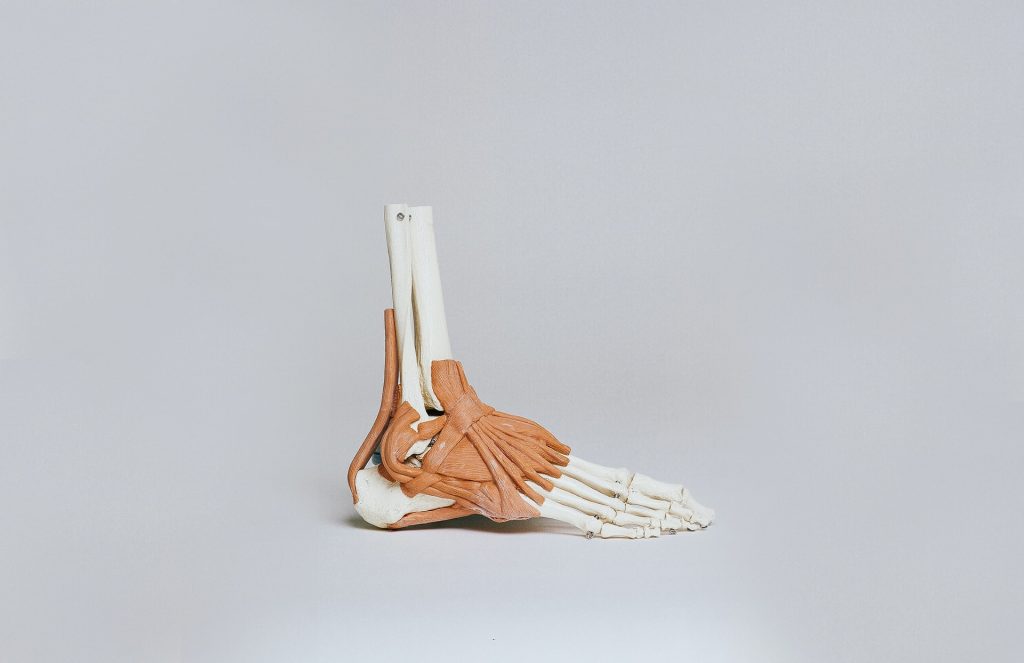Managing diabetes requires a lot of steps. You have to check your blood sugar, find foods with natural ingredients, and often navigate foot pain and foot care. Diabetes has a way of causing nerve pain that can impact your quality of life. As such, it’s a good idea to know your pain triggers and learn how to avoid some of the negative side effects of diabetes. If you’re dealing with chronic nerve pain in your feet and aren’t sure how to handle it, here are a few tips that can help.
Daily Checks
While it may put a damper in your daily routine, it’s important for new patients and veterans of diabetic footcare to do daily inspections. They can help maintain healthy feet. Even if you’re not feeling any symptoms of nerve pain, you may be able to spot visual side effects. From ingrown toenails to athlete’s foot and sores, diabetic foot problems can take more shapes that just nerve pain. Even warts can be cause for concern, though they may seem insignificant at times.
Shoes, Shoes, Shoes
First, if you’re dealing with diabetic neuropathy and foot pain, you should avoid going barefoot if you can help it. If you’re susceptible to athlete’s foot, it’s understandable if you’re hesitant to wear shoes all the time. However, going barefoot can increase your risk for neuropathic pain flare-ups and other side effects. For the most comfort possible, inserts and cushions are the way to go. If you experience ankle pain, you may want to look into braces to help with ankle care.
Spotting a Medical Emergency
If you’re experiencing severe nerve pain or if your nerve torments you day in and day out, you may need the help of nerve pain specialists. Knowing some severe symptoms will keep you from having to call “nerve control 911.” These include:
- Loss of hair on your feet and lower legs
- Pain or cramping in your legs, thighs, or buttocks, especially during exercise
- Tingling or numbness
- A change in the color or temperature of your feet
Of course, these are but a few of the symptoms that can foretell a medical emergency. Ultimately, it’s up to you to know your body and make the right call. Even is something like an ingrown toenail doesn’t seem like a cause for concern, you may want to get it inspected anyways.
Smart Supplements
Sometimes, a supplement with natural ingredients can make diabetic foot care that much easier. Often, diabetic supplements are sold at a discounted price for limited time deals or first-time buyers. Before taking any dietary supplement, visit the manufacturer’s official website and discuss the supplement with your physician or with diabetic specialists. The last thing you’d want is to worsen your neuropathy or nerve pain because of a dietary supplement that doesn’t agree with your body.
Frequent Washing
Chronic nerve pain and sores can often be lessened through frequent washes. While washing won’t eliminate nerve pain, it can help reduce some of the symptoms. Be thorough when you wash your feet and make sure to do so at least once a day, at minimum. Again, while it may seem like a hassle, it could save you a whole deal of trouble down the road. If you can find a way to combine your daily inspection with a thorough wash and dry, it’s probably your best course of action.
Many individuals living with diabetic foot and nerve pain can avoid serious complications. Of course, this is dependent on at-home care as well as frequent consultations with your physicians or specialists. Incorporating a dietary supplement and making smart personal health decisions can benefit you in the long run and keep small problems from becoming bigger ones.









